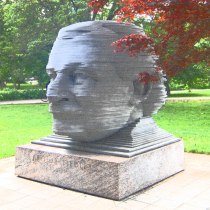-
Subscribe
Subscribed
Already have a WordPress.com account? Log in now.
Concussion Assessment and Management Program
"Athletes should be better informed about the long-term effects of concussion"
 his functioning and is only beginning his journey. Schumacher has a long way to come and sadly, may yet succumb to his severe brain injury from a host of possible causes like infection, post traumatic seizure, autonomic storming, and even recurrent swelling. Or he may dwell in a persistent near-conscious state forever. No one can say for certain but the longer he remains in an unconscious state the less likely it is that he will regain full function. It is likely that he will never drive again and that Michael Schumacher will never be the same. If he is able to regain consciousness his re-entry into the world will be tenuous.
his functioning and is only beginning his journey. Schumacher has a long way to come and sadly, may yet succumb to his severe brain injury from a host of possible causes like infection, post traumatic seizure, autonomic storming, and even recurrent swelling. Or he may dwell in a persistent near-conscious state forever. No one can say for certain but the longer he remains in an unconscious state the less likely it is that he will regain full function. It is likely that he will never drive again and that Michael Schumacher will never be the same. If he is able to regain consciousness his re-entry into the world will be tenuous.
One thought on “TBI – Updated”